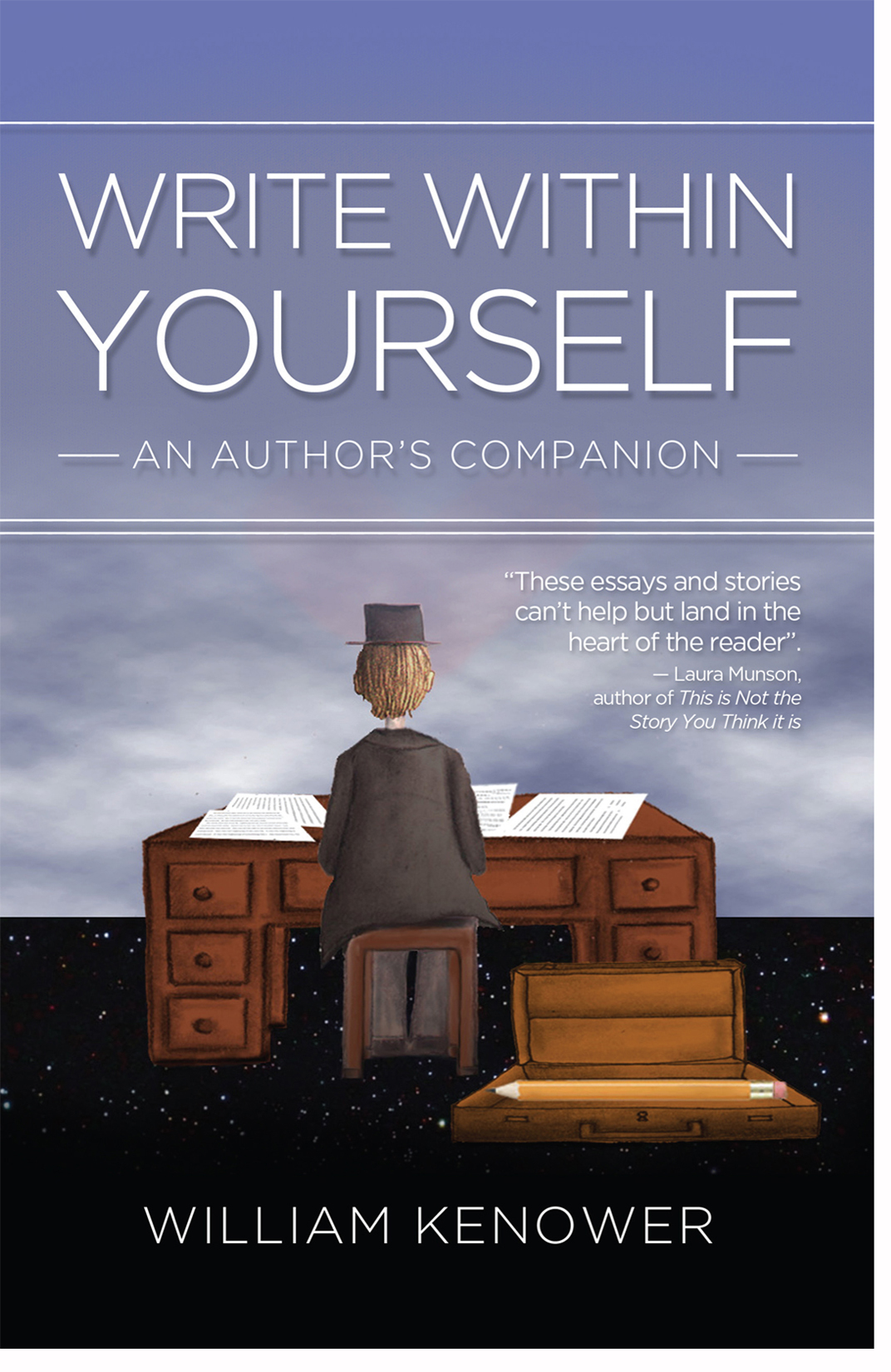Exercising Your Writing Muscle
When I was ten and my brother John was eight, we both set school records for our age group for the standing broad jump. Mind you, this was for tiny Summit Elementary School, but a record is a record, and it was nice to be recognized. It was also surprising. Neither of us had any idea we had frog legs. Turns out we did. The standing broad jump was one of several tests students were asked to pass at this time as a part of something called the President’s Physical Fitness Award. Neither John nor I won this award, however, because it included pushups and chin-ups. John and I may have been fast and springy, but we were skinny. Such is the roulette wheel of genetics, I concluded, but John was not so resigned. The next summer he decided to begin a regimen of upper body workouts to prepare himself for the coming year’s test.
I decided to join him, though I was skeptical. “What about the chin-ups?” I asked. “What are we going to do about those?”
He looked at me, as he sometimes did when he was surprised to learn that his older brother did not actually know as much as he often claimed to know. “We’ll buy a chin up bar and practice.”
I thought to myself, “I wonder if that will work?” My reasoning was this: We hadn’t practiced jumping; we hadn’t done any squats or power lifts. We’d both stepped up to the line and jumped very far. We just had it. We did not have what was apparently needed to do ten chin-ups and forty pushups. Could we really acquire it? Yes, we could, by using the muscles in our chests and arms and backs that had gone largely unused for the first decade of our lives.
I think about John’s chin-up bar sometimes when I hear writers talking about talent. Who has it and who doesn’t? The short answer is everyone, just as everyone has muscles in their arms and legs. The longer answer is that not everyone’s been using their writing muscle – a powerful combination of curiosity and imagination – because they’re not entirely sure it exists.
You can’t see it, after all. If I do pushups every day for a month I will look different and feel different. I’ll be able to lift things I couldn’t lift a month before. If I write every day for a month, my brain will remain exactly the same size. I won’t have grown any more hair or improved my eyesight. In fact, the only noticeable change in me is that some days I’ll emerge from my workroom gloomy, and other days triumphant.
The biggest change that occurs within anyone who exercises their writing muscle is not how they appear, but how they see the world. The writing muscle is a seeing muscle that can’t be seen. When I use my writing muscle, I look at the world, at the challenges and battles and the suffering, and ask myself, “Can I see that world through the eyes of love?” It is often easier to see it through the eyes of judgment and fear, of right and wrong and good and bad, of the talented and the talentless.
But to see that same world through the eyes of love is to see a story unfolding equally for everyone. It always feels better to see the world through the eyes of love. You wouldn’t think seeing the world in a way that always leaves me feeling better would require any practice, but it does. I must practice it at my desk and I practice it going to the grocery store. I practice it talking to my wife and sons and I practice it talking to myself. The practice never ends because the story never ends: it goes on and on, always changing, but never disappointing when I see it as it was meant to be seen.
Write Within Yourself: An Author's Companion.
"A book to keep nearby whenever your writer's spirit needs feeding." Deb Caletti.
You can find Bill at: williamkenower.com


